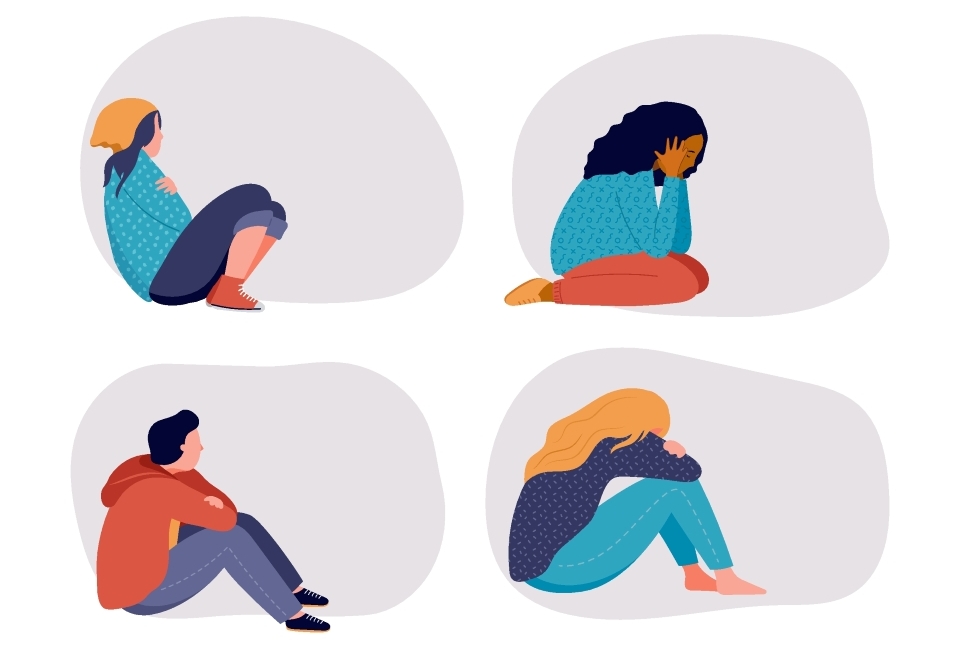

Navigating the Mental Health Pandemic: Strategies for Resilience
The global landscape has experienced a profound shift, not only in physical health but also in mental well-being. The Mental Health Pandemic has emerged as a critical issue, necessitating comprehensive strategies for resilience and coping.
Understanding the Impact
The ongoing pandemic has brought about unprecedented challenges, affecting people’s mental health on a global scale. From increased stress and anxiety to the exacerbation of pre-existing mental health conditions, the impact is profound and far-reaching.
Breaking the Stigma
One positive aspect of the Mental Health Pandemic is the increased dialogue surrounding mental health issues. Breaking the stigma attached to mental health discussions is crucial for fostering an environment where individuals feel comfortable seeking help and support.
Importance of Seeking Professional Help
Acknowledging the need for professional support is a significant step in navigating the mental health challenges brought on by the pandemic. Mental health professionals play a crucial role in providing guidance, therapy, and coping strategies tailored to individual needs.
Building Resilience Through Mindfulness
Mindfulness practices have gained prominence as effective tools for building resilience. Techniques such as meditation and mindful breathing can help individuals manage stress, stay grounded, and cultivate a positive mindset amidst uncertainty.
Social Connections and Support Networks
Maintaining social connections, even in a physically distanced world, is essential for mental well-being. Utilizing technology for virtual interactions and prioritizing communication with friends and family can provide a valuable support network during challenging times.
Balancing Work and Life
Remote work and lifestyle changes have blurred the lines between professional and personal life, contributing to heightened stress. Establishing clear boundaries, maintaining a routine, and taking breaks are vital for achieving a balance that promotes mental health.
Physical Activity for Mental Well-being
Regular physical activity has proven benefits for both physical and mental health. Engaging in exercise releases endorphins, reduces stress hormones, and provides a natural avenue for improving mood and overall well-being.
Coping with Uncertainty
Uncertainty is a common thread in the fabric of the Mental Health Pandemic. Developing coping mechanisms to deal with uncertainty involves cultivating adaptability, focusing on what can be controlled, and fostering a resilient mindset.
Mental Health Pandemic: A Call to Action
Addressing the Mental Health Pandemic requires collective action. Governments, organizations, and individuals must prioritize mental health resources, support systems, and destigmatize seeking help. Together, we can foster a global environment that values and protects mental well-being.
The Path Forward – Mental Health Pandemic
Visit The Healthy Consumer to explore comprehensive resources and support for navigating the Mental Health Pandemic. Empower yourself with knowledge, connect with professionals, and discover strategies to foster resilience in these challenging times. Remember, you are not alone in this journey, and seeking help is a sign of strength.







